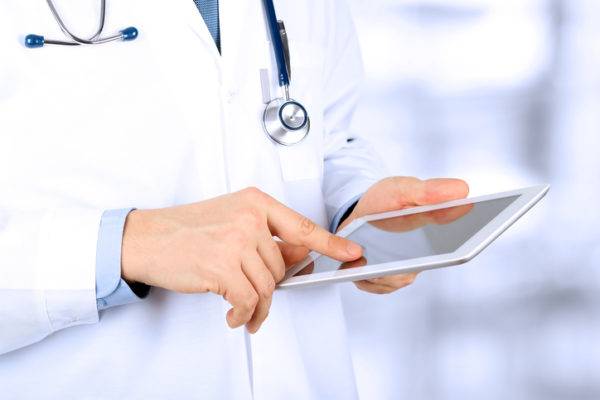The U.S. Census projects that between 2012 and 2050 the aging population will almost double. Baby boomers account for the majority of this growth and present a unique challenge to healthcare providers. Unlike their predecessors, Boomers want to “age in place” and expect to manage acute and chronic illness, accessing their healthcare providers virtually as well as via traditional in-person appointments.
By 2050, the population age 65 and older is projected to be 84 million, two times greater than 2012 estimates, says the U.S. Census
It’s not just Boomers who expect to address illness from the comfort of their living rooms.
Increasingly, consumer expectations of 24/7 access to care necessitate technological advances in healthcare. And monitoring and diagnostics technology are more than up to the challenge.
Healthcare regulations are changing to accommodate treatment outside of the four walls of the hospital and clinic. With access to the right technology, data, and expertise, field service workers can provide care at a lower cost than their on-site colleagues.
What about HIPAA?
A key component that must be integrated into any technology is data security that meets HIPAA requirements.
Tom Rose, Director of Business Development, IoT Solutions, at KORE, believes the Internet of Things (IoT) brings smarter technology to bear on the unique challenges facing 21st Century healthcare. “IoT solutions support a customer-centric approach that cuts costs and scales according to need. Whether managing Help Desk inquiries or retrieving peripherals (such as insulin monitoring devices), solutions like KORE support smarter healthcare regardless of vertical.”
The rising demand for connectivity cannot function effectively in the old siloed system. An integrated smart-tech approach to the problem brings healthcare into the homes of those who need it. Furthermore, any technology must guarantee data security that meets HIPAA requirements.
“The future of healthcare is connected, integrated, and secure,” says Rose. “Whether putting tablets in the hands of patients, or improving health outcomes in the field, or tracking patient follow-through on post-operative instructions, IoT meets the increasing demand for connectivity.”
To find out how to leverage IoT technology to power healthcare connectivity, join ReadWrite and KORE for a free webinar.
During this free webinar, experts in the field of health IoT will discuss:
- The benefits of IoT in healthcare
- Example use cases demonstrating this innovation
- How to implement connected solutions to power innovation
- How data flow between devices, to the cloud, and to enterprise systems can be achieved
Sign up for this 60-minute webinar today and gain valuable insights into building an effective IoT strategy within healthcare:
Our panelists:
- Tom Rose, Director of Business Development, IoT Solutions, KORE
- Marie Finnegan, Principal Portfolio Marketing Specialist, Allscripts
- Rachael Brownell, Webinar Manager, ReadWrite

















